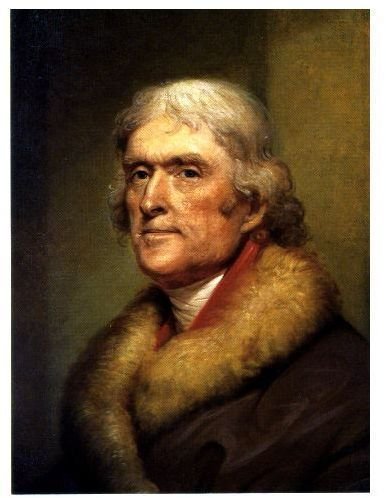Guide to Antigone: Themes, Analysis & Symbolism in Antigone
Page content
Metaphors and Symbols in Antigone
- Antigone’s Tomb - The tomb symbolizes the living dead, an obvious reference to Antigone who has been sentenced to death, but is left to rot as opposed to being executed. The not so obvious reference is to Creon whose pride prevents him from recognizing the error of his ways and whose mistakes cause the death of his family and his own death wish.
- The Ship of State - Creon opens scene 1 by stating “Gentlemen: I have the honor to inform you that our / Ship of State, which recent storms have threatened to / destroy, has come safely to harbor at last, guided by the merciful wisdom of heaven.” (Scene 1, lines 19-20). Haemon adds his own metaphor in scene 4: “And the same thing happens in sailing: / Make your sheet fast, never slacken,–and over you go, / Head over heels and under: and there’s your voyage” (83-85). Creon’s stubbornness is exactly what causes his ship of state to go head over heels, ending Thebes’ voyage.
- Gold and Brass - In scene 5, Creon, convinced that a good man taking a bribe is more likely than him being wrong, accuses Teiresias for loving gold more than truth. Teiresias responds by accusing Creon of loving brass, meaning that he has valued apparent beauty while neglecting those things of true worth.
Antigone Themes
- Natural Rights - Sophocles wrote about the dangers of big government thousands of years before John Locke addressed it in his Second Treatise on Government and Thomas Jefferson overthrew it in <em>The Declaration of Independence</em>. Lock argues that humans are born with the inalienable rights of life, liberty, and property and that governments are instituted to protect those rights. Antigone’s claim that Creon has usurped the inalienable rights of the dead and has defied the laws of God are similar to Jefferson’s Declaration of Independence, which states that the King of England had usurped the colonists’ god given right of life, liberty, and the pursuit of happiness. Sophocles’ words remain relevant today as governments throughout the world gobble more and more freedom in the guise of progressivism and liberalism.
- The Role of Fate - The role of fate is prevalent throughout Greek Tragedy. Antigone believes the curse of her father Oedipus has followed her and her family, a curse she feels is inescapable. Sophocles, however, does not necessarily agree with her interpretation, stating through the chorus that Antigone’s choices cause her death. The debate concerning free will and fate rages today.
- The State vs. Religion - Creon states in his “Ship of State” speech that the state reigns supreme and that all must bow to it. He then conveniently claims that he is the state. Antigone claims that the state is limited and that the gods’ laws are superior. Creon is unable to accept that there exists a higher power. Tyrannies throughout history have either established a state religion, making the ruler the almighty sovereign, or have eliminated God from its institutions in order to remove a higher authority to which people may turn.
References
- Sophocles. “Antigone.” Glencoe Literature, Course 5. New York: Glencoe, 2002. 729-68.
This post is part of the series: Antigone Study Guide
Rebel against an unjust test by using this Antigone Study Guide.
